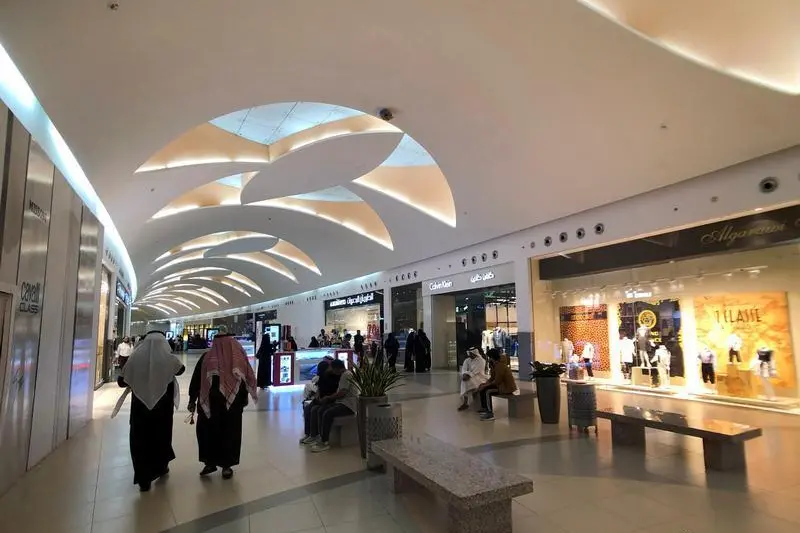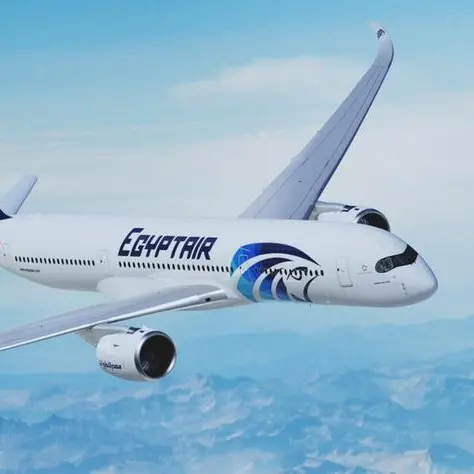PHOTO
Saudi Arabia is the most attractive developing market for retail investment in the Middle East and North Africa (Mena) and among the top ten in the world, according to the 2019 Global Retail Development Index (GRDI) from global management consultancy firm A.T. Kearney.
The Kingdom, where consumers spend $125.5 billion annually on shopping, and where a huge proportion of the residents’ splurge on luxury labels, has climbed up the index to occupy the seventh rank globally, just behind China, India, Malaysia, Ghana, Indonesia and Senegal.
Saudi Arabia is ahead of Jordan, which occupies the 8th position, the UAE (9th) and Colombia (10th).
The latest ranking is a huge leap from the 11th position that Saudi Arabia held in 2017, thanks largely to the ongoing efforts by the government to introduce economic and social reforms, as part of the plan to transform the country and attract foreign investments.
Since the launch of its Vision 2030 agenda in 2016, Saudi Arabia has implemented several social reforms including easing travel restrictions on women, allowing women to drive, making abayas optional. Many of these reforms have helped the retail industry.
In late 2017, a plan to open hundreds of movie theaters by 2030 was unveiled, ending a 35-year-long ban on cinemas.
“The government’s comprehensive reforms are yielding positive results; the retail sector is set to grow faster as a result,” said A.T. Kearney.
The GRDI is a bi-annual study of the retail industry in 30 developing markets. It ranks countries based on “country risk”, population and per capita gross domestic product (GDP), helping retailers, consumer goods manufacturers and international service providers understand which destinations are growing, stagnant or declining, and why.
Among the multiple reasons that make Saudi Arabia an attractive destination for global investors is the country’s huge population, and a young demography that lends itself to the volume game, according to Raghu Mandagolathur, executive vice president for Kuwait Financial Centre.
“In addition, Saudi Arabia enjoys high per capita income which makes it lucrative as well. The concentration of high-net-worth individuals makes it an attractive destination for the retail luxury segment as well,” Mandagolathur told Zawya.
With a population of 32.9 million, Saudi Arabia is considered the largest market for consumer brands in the Gulf Cooperation Council (GCC) region, many of which are brand-conscious and make up more than half (58.7 per cent) of the total number of people living in the region, according to a separate report by Alpen Capital.
Its female consumer base is also growing, while religious tourism and ultra-high net worth individuals are also on the rise. Between 2012 and 2016 alone, retail sales in Saudi Arabia expanded from $85.3 billion to $114 billion in 2016.
With an eye on the huge Saudi retail market, consumer tech giant Apple recently partnered with Fawaz Al Hokair Co to set up shop in the kingdom. SPAR International, a Dutch food retailer that forayed into the market in 2018 by partnering with Saudi conglomerate Al Sadhan Group, is working to have 40 stores operational by 2020.
Not only are global brands opening brick-and-mortar outlets in Saudi Arabia, but many are also eyeing to capture a share of online spending. According to AT Kearney, online retail could reach $10.2 billion by 2023, up from $6.3 billion in 2019.
Big brands like Ikea and Landmark Arabia have both rolled out their click-and-collect service to strengthen their omnichannel presence, while e-commerce retailers like souq.com and noon.com are aggressively expanding their online presence.
“Online is growing fast, with Todoorstep, Nana, Direct, Danube and Qareeb all well-established, while Mezmiz and L’Organic are fairly new to the market,” said A.T. Kearney.
(Writing by Cleofe Maceda Cleofe.maceda@refinitiv.com, editing by Seban Scaria)
Disclaimer: This article is provided for informational purposes only. The content does not provide tax, legal or investment advice or opinion regarding the suitability, value or profitability of any particular security, portfolio or investment strategy. Read our full disclaimer policy here.
© ZAWYA 2019




















